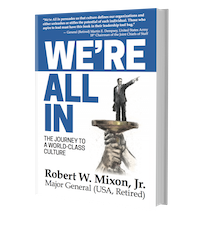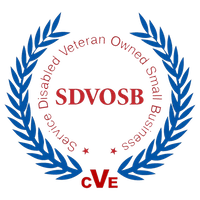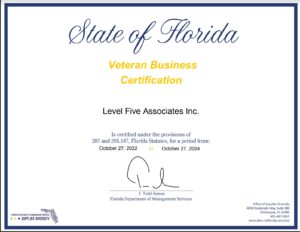
The development of strong mutual accountability is one of the most significant stages of the cultural development of an organization.
Dave Logan, John King, and Halee Fischer-Wright describe the stages of accountability and explain how we, as people, are essentially tribal in their book, Tribal Leadership. The authors developed the book as the result of a 10-year study which examined the qualities and characteristics of 24,000 people and two dozen companies. The research led them to conclude that tribal cultures evolve through several stages.
The journey follows individual members and their processes of integrating into the culture. The evolution begins with stage one, where a person feels that “All life sucks.” In stage two, the person recognizes “My individual life sucks.” During stage three, the person thinks that “I’m great and others are not.” Beginning with stage four, the person recognizes that “We’re great.” Finally, in stage five, “Life is great.”
Over the course of the evolution of a successful, healthy culture, the tribe’s well-being becomes more important than that of the individual members. Mutual accountability is the most important aspect of accountability in stage five.
In the United States Army, culture is built around the concept of “Be-Know-Do.” This framework builds on some of the aspects of tribal behavior by bringing a new recruit immediately into stage four of the Logan, King, and Fischer-Wright model.
Through the boot camp process, a new military recruit will soon know life sucks on an individual level, and he will suffer personal hardship, fear, and self-doubt. However, he soon learns to accept the premise that “We’re great and life is great” because now he or she can belong to something bigger than they are.
The military mantra of Mission First, People Always becomes the soldier’s way of life. Soldiers don’t want to let their comrades down. Every day they learn to live the concept of mutual accountability.
The Army’s cultural model, which focuses on what the authors of Tribal Leadership call stages four and five of cultural evolution, is an excellent descriptor of how to rapidly assimilate individuals into a high performing “All In” organization. My team and I help translate this concept from military to corporate life, providing a set of practical tools to help you determine where your organization is now, where it’s going (or where you want it to go), and how to get there.
This is not just a case of translating Army culture into a corporate culture. Rather, we examine how to adopt the best practices of the Army’s Be-Know-Do model into a viable corporate ecosystem.
The Level 5 culture of excellence represents all of the qualities where people feel as though they belong—along with the dynamic, healthy environment that nurtures and protects it.
 This blog is based on material from the first chapter of my book “We’re All In.” You can get a copy of that whole first chapter for free here.
This blog is based on material from the first chapter of my book “We’re All In.” You can get a copy of that whole first chapter for free here.
If you’d like to learn more and get a full copy of the entire book, you can do so here.
Enjoy the journey!
Did you find this blog post beneficial? If so, please share it with your audience using one of the choices below. It’ll just take a second, but could improve someone’s work habits for a long time to come.





